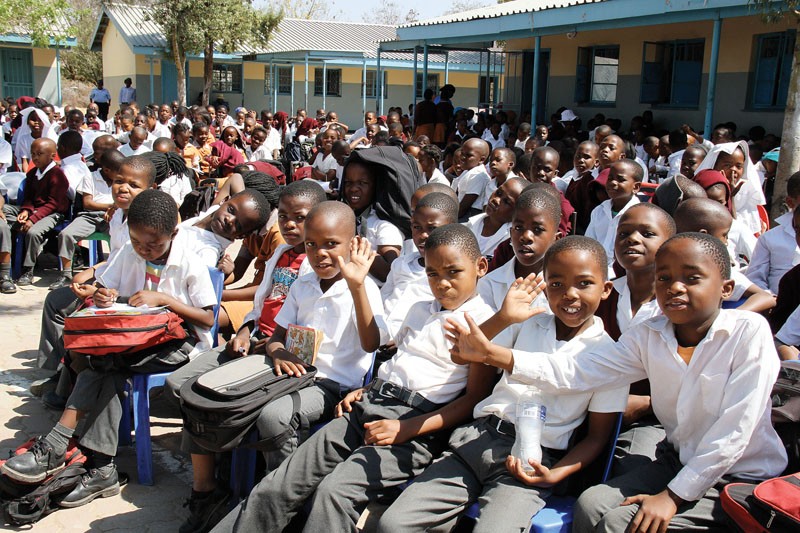UNESCO report finds universal education commitment a mirage
Baboki Kayawe | Wednesday December 21, 2016 23:06


A new report by the Global Education Monitoring (GEM) by the United Nations Educational, Scientific and Cultural Organisation (UNESCO) forecast that universal primary completion would be attained in 2042. Moreover, universal lower secondary completion will be achieved in 2059 and universal upper secondary completion will be in 2084.
The report says the poorest countries will achieve universal primary education over 100 years later than the richest. The principal conclusion is that, in low and middle-income countries alike, the SDGs scenario requires an unprecedented break with past trends if the attainment component of inclusive education for girls and boys is to be attained, according to the report.
Launched in the capital last week, the GEM report further says while the SDG education target may not be met, even modest progress can make a big difference to the next generation. The report states that education gains could help save lives, lift people and countries out of poverty and reduce extreme vulnerability.
“Achieving universal upper secondary completion by 2030 would reduce the under 5-mortality rate in sub-Saharan Africa from 68 to 54 deaths for every 1,000 live births by 2030 and from 51 to 38 deaths for every 1,000 live births by 2050,” it says.
Moreover, education, the report states can boost per capita income by raising labour productivity and accelerating technological development and adoption. In low-income countries, universalising upper secondary completion would increase per capita income by 75% in 2050.
Education can help reduce disaster-related deaths, since educated people tend to exhibit more awareness of risks, a higher degree of preparedness and appropriate responses, and smaller average losses when disaster strikes, adds the report.
